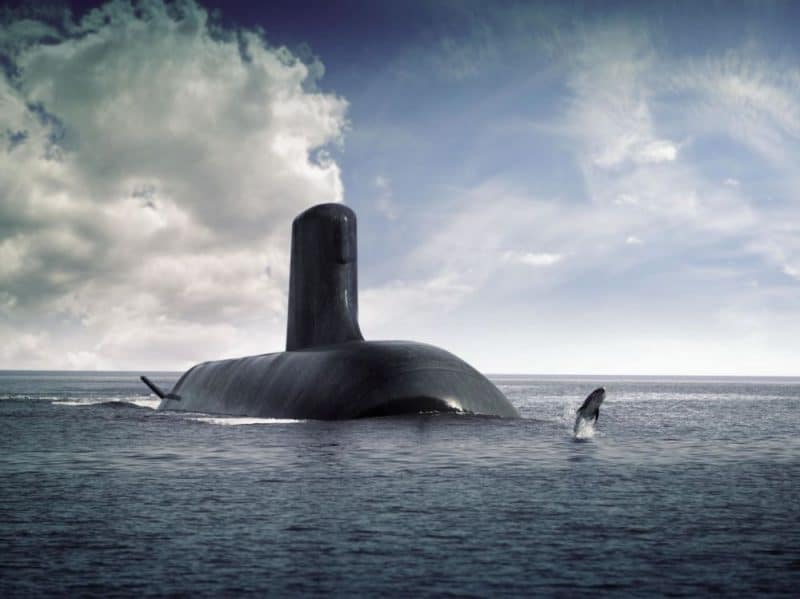In the outcry of stunned statements crying out in surprise and Anglo-Saxon treachery regarding the'' cancellation of the contract for the design and local construction of 12 submarines conventionally powered Shortfin Barracuda in Australia, a dissonant statement has gone almost unnoticed, although it carries with it an undeniable legitimacy and sincerity.
According to Vincent Hurel, general secretary of the CGT Naval Group in Cherbourg, disappointment is only "moderate", to the extent that “the risk was known”. Indeed, for those who followed the progress of this program from the Antipodes, the prospects of this contract had been severely degraded for several months, and even several years.
After the euphoria of the first months following the signing of the agreement, the Naval Group teams experienced what those of Airbus Hélicoptères already knew and that the British are experimenting with regarding the Hunter class frigates, namely that Australian defense industrial policy is very complex, and represents a major political issue in the country. Quickly, in fact, the conservative opposition to the Labor government in place seized the subject to make it a critical axis against its adversaries.
Naturally, they did not lack ammunition, because as usual, the authorities in Canberra have profoundly changed their expectations between the initial expression of the need which made it possible to make the initial costing, and the final iterative wishes expressed over the course of the 'water. In fact, the program, which was initially expected to be worth A$40 to $50 billion, saw its cost rise to $90 billion in just three years.

The deadlines, meanwhile, have gone from a first submarine delivered in the second half of the decade, to a first delivery in 2033, at best, forcing the Royal Australian Navy to launch a program to extend the operational life of its Collins-class submarines.
Obviously, all these slip-ups were widely commented on by the press and the Australian opposition, and responsibility was mainly attributed to Naval Group, which saw its public image rapidly deteriorate in the country. The situation worsened when the British government ordered consultations to study alternative solutions, specifying to include the Swedish Kockums, designer of the Collins, who had been excluded from the SEA 1000 competition because he did not have submarines meeting to the requested criteria.
In fact, the Swedish manufacturer, but also the German TKMS which had very badly accepted having given in to Naval Group in this competition, started an intense lobbying campaign in the Australian press in order to point out the deficiencies of the Franco-Australian program, and to put forward their own solutions.

The rest of this article is for subscribers only
The Classic subscriptions provide access to
all articles without advertising, starting at € 1,99.
Newsletter subscription
Register for the Meta-Defense Newsletter to receive the
latest fashion articles daily or weekly


[…] campaign of denigration both in the press and in the armies and in the Australian parliament. As we had made it failed then, the criticisms repeated then in loop by the tabloids and even in the traditional press, by […]